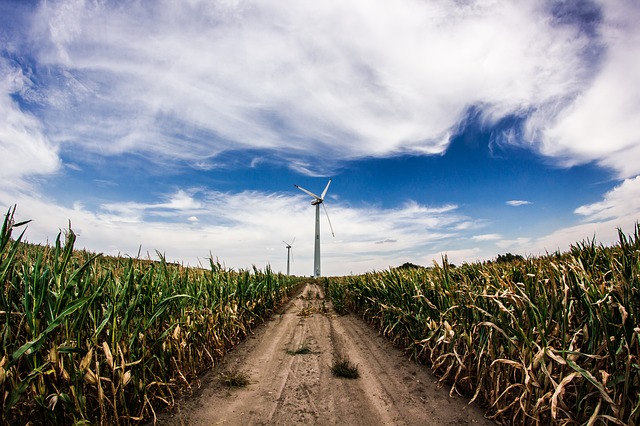
Soils and Oceans Omitted from Paris COP21 Agenda
As our planet’s atmosphere races past 400 ppm of carbon dioxide and “climate chaos” weather becomes the norm, many hopes and concerns are being directed to the United Nations Conference on Climate Change, to be held this December in Paris.
Will world leaders agree to shift away from carbon-centric energy and food production to more renewable energy sources and regenerative agriculture?
November 18, 2015 | Source: EcoWatch | by John W. Roulac
As our planet’s atmosphere races past 400 ppm of carbon dioxide and “climate chaos” weather becomes the norm, many hopes and concerns are being directed to the United Nations Conference on Climate Change, to be held this December in Paris.
Will world leaders agree to shift away from carbon-centric energy and food production to more renewable energy sources and regenerative agriculture?
The elephant in the room in Paris—and it’s quite a big elephant—is that for some reason the world’s government leaders, and many climate groups, have omitted the planet’s two leading carbon sinks, soils and oceans, from the main climate agenda. They now plan to discuss whether land use should even be part of the discussion.
Really? In this age of fascination with high technology, we choose to ignore the earthworm (tiller of the soil) and ocean plankton (our indispensable oxygen generator) at our peril. Did you know that two out of every three breaths you take come via phytoplankton? Relying primarily on solar, wind and hybrids as the solutions to climate change is a path toward disaster.
The good news is that we can help heal our acidic oceans, moderate the planet’s erratic weather and produce abundant food by refocusing on soil sequestration (which, as a bonus, improves not just soil quality but also water-holding capacity) across farmlands, rangelands and forestlands.
My recent EcoWatch article provides an easy-to-understand overview on the potential of regenerative ag to solve the climate crisis, and gives links to organizations working on this vital issue. One country taking a positive step forward is France, which just announced an innovative plan to raise the amount of carbon in its soils by 0.4 percent a year. Why is the media not reporting this—especially since France is hosting the climate conference?
